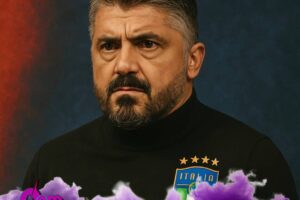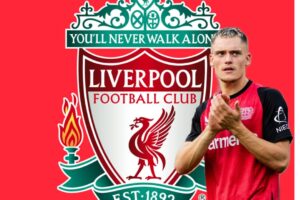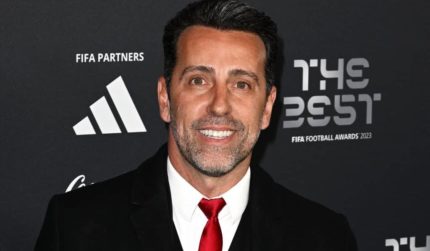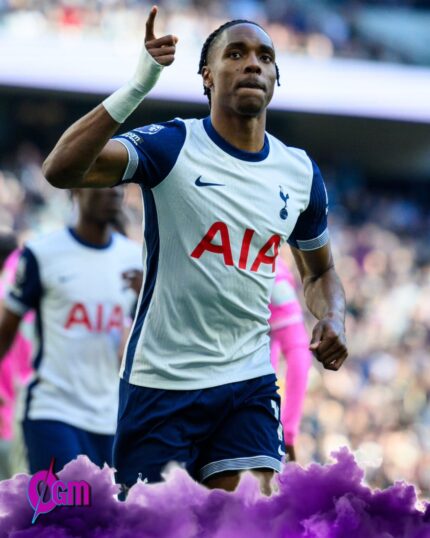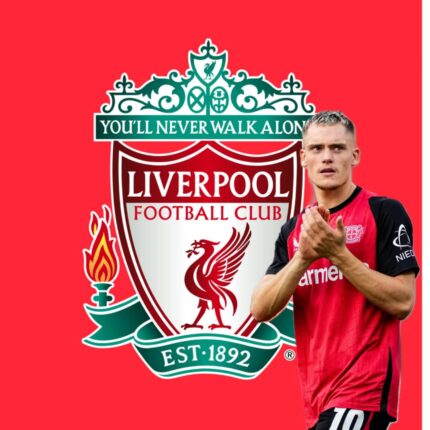Edu’s Gaspar, Arsenal’s departing sporting director, has been defined by his soft skills, an unusual yet effective set of qualities in a role dominated by hard metrics and results. Known for his charisma, charm, and ability to connect with people at all levels, Edu has leveraged his approachable nature to establish meaningful relationships. As a talker and a sounding board, he didn’t merely focus on scouting or strategic transfers; he made it a priority to foster a collaborative environment. Since joining Arsenal in 2019, his character has bridged the gap between players, staff, and management, making him a reliable point of contact and a symbol of stability.
Soft skills aren’t typically associated with the cutthroat nature of professional football administration, yet for Edu, they’ve been essential. Arsenal initially hired him as the “final piece” of a complex puzzle during a period of upheaval, following the departure of the club’s long-time manager Arsène Wenger. Edu’s Invincibles-era status naturally commanded respect, but it was his personal touch that allowed him to bring unity and a shared vision back to the club. This human-centered approach has undoubtedly left a mark on Arsenal, particularly during turbulent times.
Leadership Through Connection and Communication
Edu’s role went beyond player contracts and financial decisions; he was a connector, harmonizing multiple aspects of the club. His credibility and personable approach allowed him to communicate effectively in all directions, whether liaising with Arsenal’s ownership, supporting the coaching staff, or working closely with players. His ability to communicate in “football languages,” as insiders describe, made him an invaluable asset to Arsenal’s inner workings. This unique blend of skills meant that Edu could handle high-stakes meetings with the same ease as informal conversations, strengthening relationships with everyone involved.
Beyond simply being a club ambassador, Edu’s style brought a sense of camaraderie to Arsenal, a value that manager Mikel Arteta also champions. Arteta’s passion may drive players, but Edu’s warmth and accessibility provided a sense of reassurance. The unity within Arsenal’s locker room, which has been essential in their recent successes, is often attributed to Edu’s influence as a calming and supportive presence. His role demonstrated that leadership, especially in a high-stakes environment like football, benefits from a balance between ambition and empathy.
A Strategic Exit: Moving to Nottingham Forest
Edu’s departure has come as a surprise, and questions have arisen about what Arsenal will prioritize in his successor. His rumored move to Nottingham Forest, where he will work under the club’s multi-club ownership model led by Evangelos Marinakis, marks a significant step forward in his career. While Edu’s diplomacy and warmth will be assets at Forest, his role at Arsenal has shown he has an underlying resilience and ambition. He is unafraid to voice strong opinions and make tough decisions, traits that will serve him well in his new role.
As Edu transitions, Arsenal faces decisions about whether to seek a similar personality to continue his legacy of fostering harmony and open communication or if they’ll look for a more strategy-focused figure to complement Arteta’s managerial style. Regardless, Edu’s tenure has highlighted the value of soft skills in modern sports administration, suggesting that whoever takes the helm may benefit from a similarly people-centric approach to maintain Arsenal’s positive trajectory.
Arsenal’s Next Steps: Filling Edu’s Shoes
Replacing a sporting director with Edu’s unique skill set is no easy task for Arsenal’s board, composed of owner Stan Kroenke, his son Josh, executive vice-chair Tim Lewis, and the seasoned Lord Harris of Peckham. These figures must weigh whether to hire another former player who resonates with Arsenal’s history or to bring in someone with fresh ideas who can push Arteta to even greater heights. Either choice carries implications for Arsenal’s future strategy, and the board must consider whether the human touch Edu brought is an attribute they want to replicate.
In the interim, figures like managing director Richard Garlick and Edu’s assistant, Jason Ayto, will oversee football operations, ensuring Arsenal’s upcoming transfer plans remain on track. Though Edu’s departure is untimely, his contributions have left Arsenal well-positioned to compete. His work in building a strong squad through smart recruitment and contract renewals will remain part of Arsenal’s foundation as the club moves forward, giving them a sense of stability even as they navigate this significant transition.



